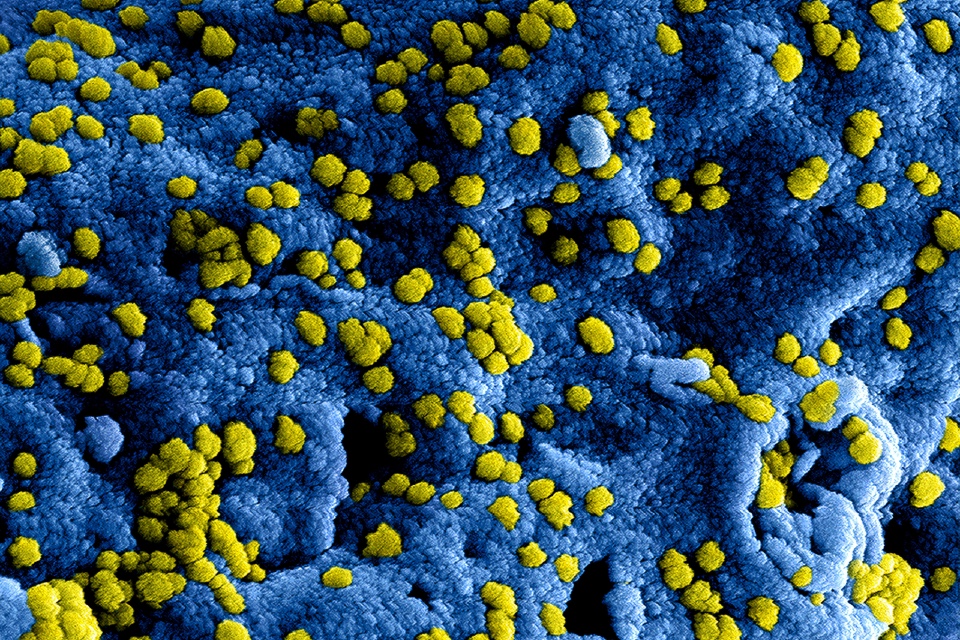The COVID-19 pandemic shone a spotlight on the critical role of infection control in care homes across the UK. Care home managers are now more committed than ever to implementing robust infection prevention and control (IPC) measures to safeguard the health and well-being of their residents. Thankfully, innovative solutions and related services are emerging, offering valuable tools for care home staff to navigate the post-COVID environment and build a culture of safety…
The Arsenal of the Modern Care Home
- Enhanced Cleaning and Disinfection Protocols: High-touch surfaces are being disinfected more frequently, and new technologies like UV light disinfection systems are being explored to supplement traditional cleaning methods.
- Focus on Hand Hygiene: Readily available hand sanitiser dispensers, educational signage promoting proper handwashing techniques, and regular hand hygiene audits are crucial for reducing the spread of germs.
- Personal Protective Equipment (PPE): A continued focus on appropriate PPE use, including masks, gloves, and gowns, remains essential for protecting residents and staff from potential infections.
- Telehealth and Remote Monitoring Technologies: Virtual consultations with healthcare professionals can minimise unnecessary physical contact and potential exposure risks, especially for vulnerable residents.
Beyond the Pandemic: Evolving Infection Control Strategies
As we move forward, infection control in care homes is likely to see further advancements:
- The Rise of Antibacterial and Antimicrobial Surfaces: Surfaces with built-in antimicrobial properties can help reduce the spread of bacteria and viruses, making them a valuable addition to care homes.
- Focus on Air Quality Management: Improved ventilation systems with HEPA filters and air purifiers can help minimise the transmission of airborne pathogens within the care home environment.
- Data-Driven Infection Control: Real-time data analytics can be used to track infection trends and identify potential outbreaks early on, allowing for a more targeted and proactive approach to infection control.
- Staff Training and Education: Ongoing training for care home staff on the latest infection control protocols,including proper PPE use and hand hygiene techniques, remains essential for maintaining a safe environment.
Infection control is no longer a reactive response to outbreaks; it’s a proactive approach to resident safety. By embracing innovative solutions, fostering a culture of hand hygiene, and utilising data-driven strategies, care home managers can create a safe and healthy environment for all residents.
As technology advances and the focus on resident well-being remains paramount, we can expect even more sophisticated and preventative infection control measures to emerge, shaping the future of care home environments in the UK.
Are you searching for Infection Control solutions for your organisation? The Care Forum can help!






